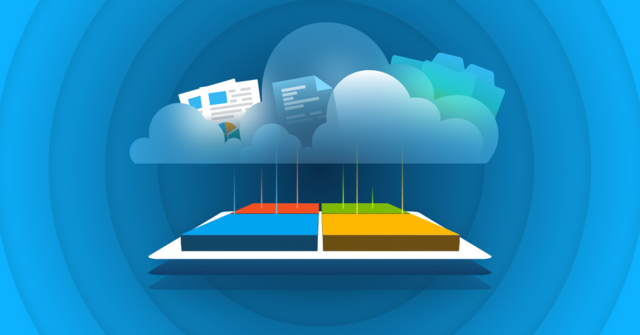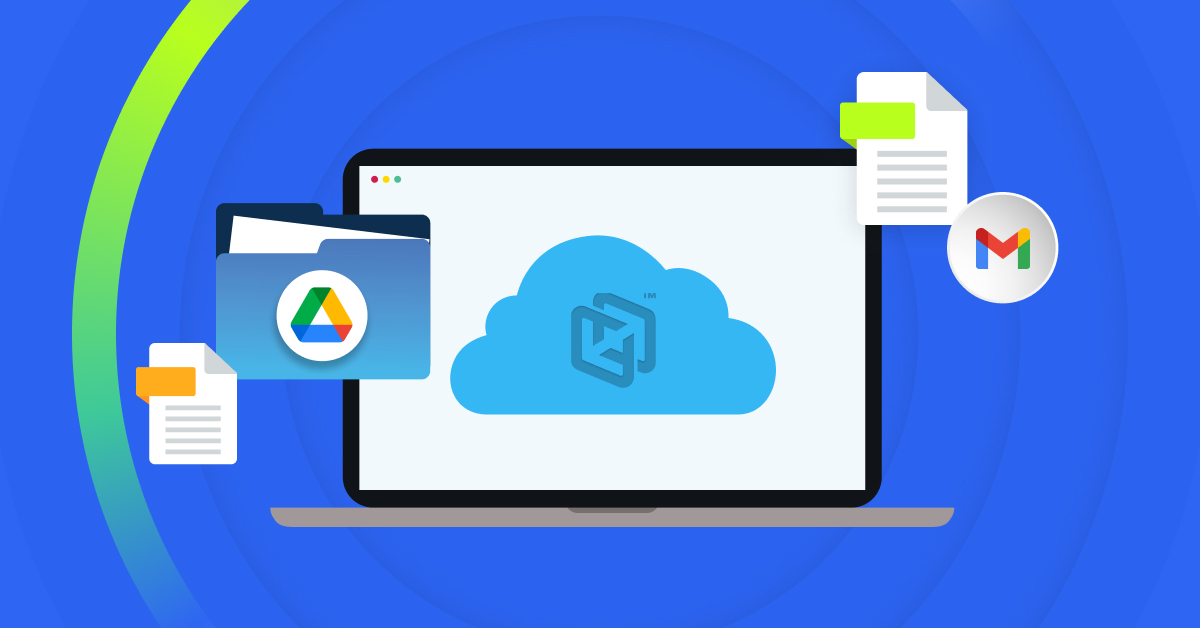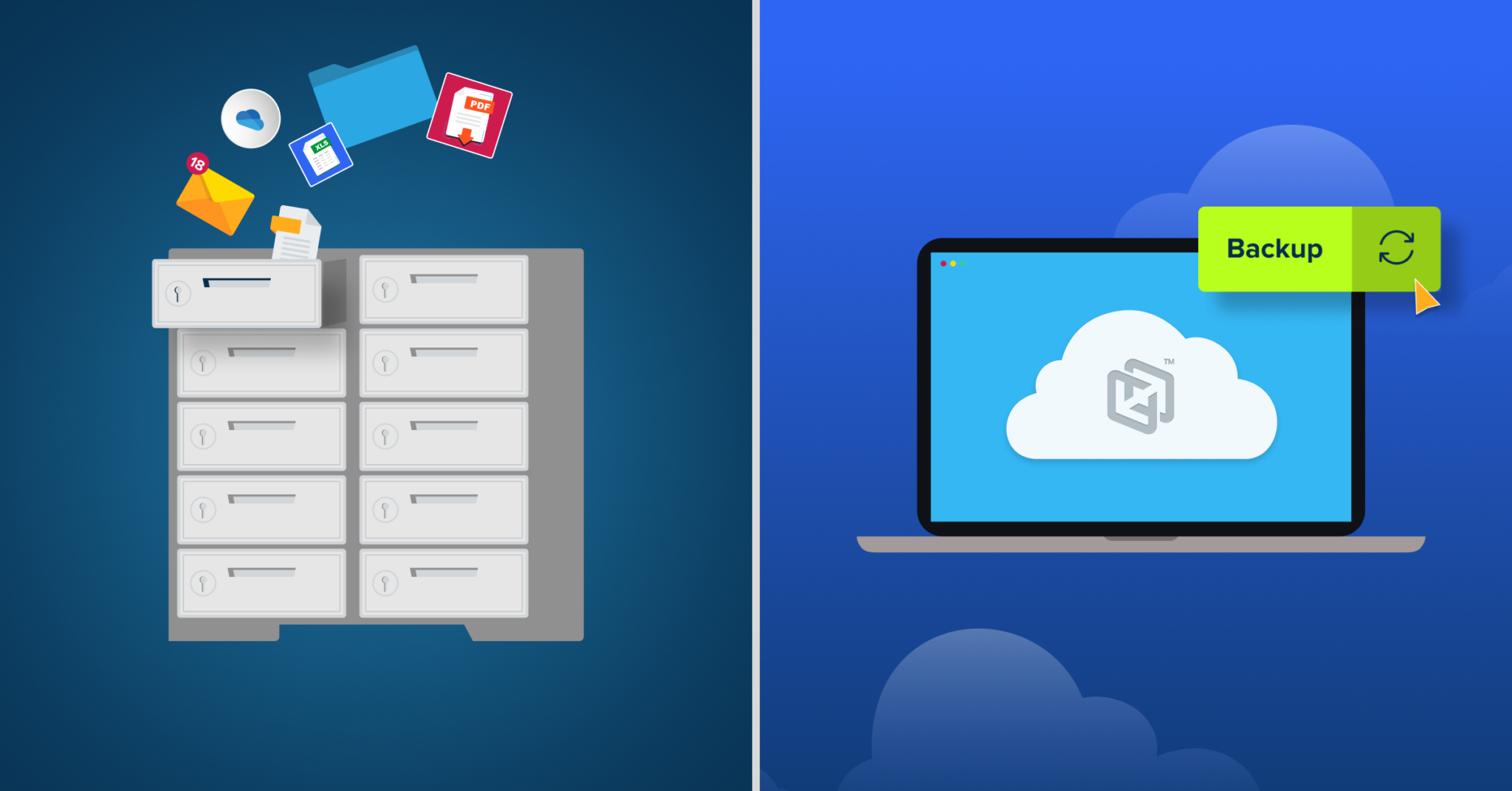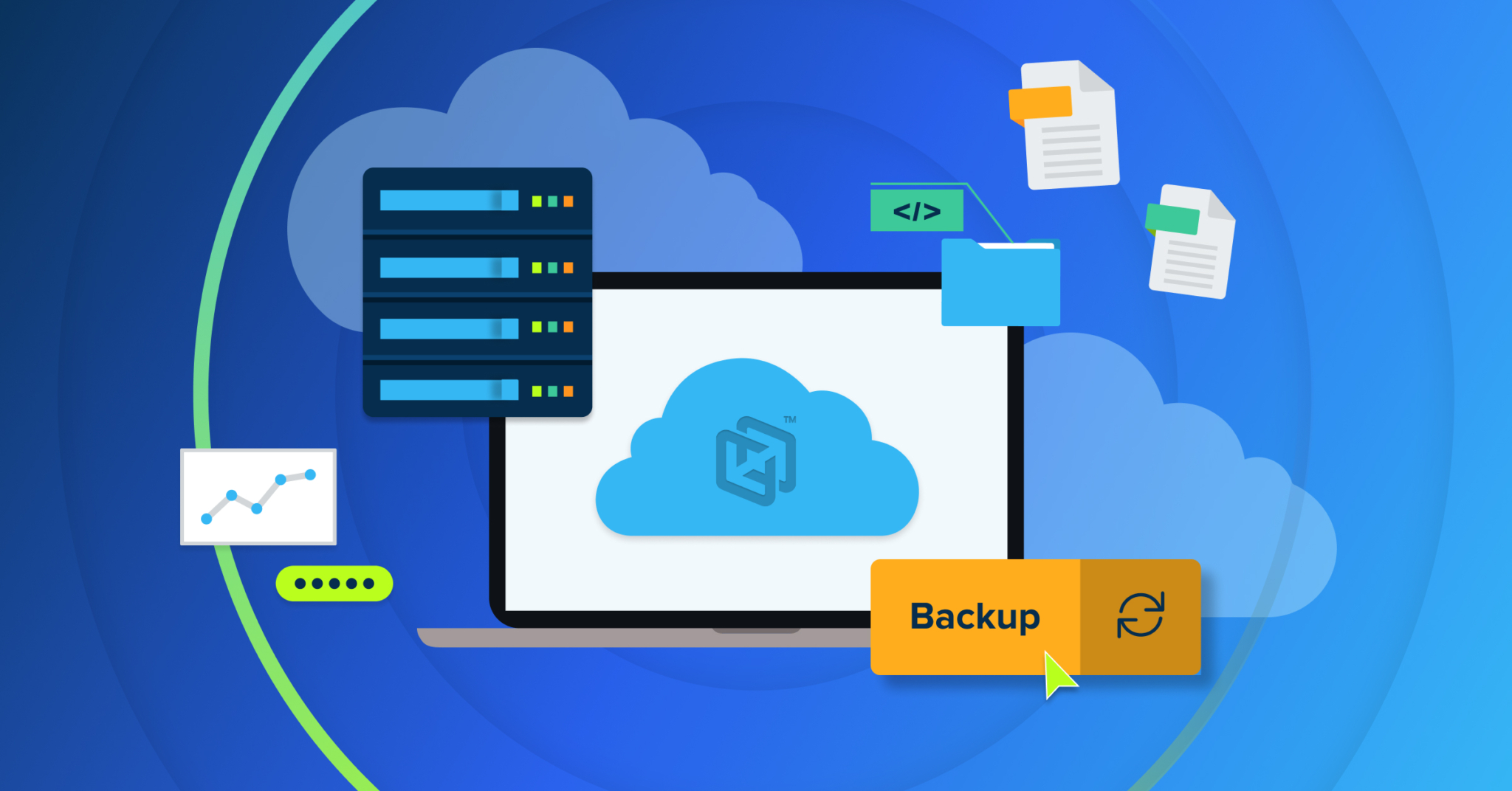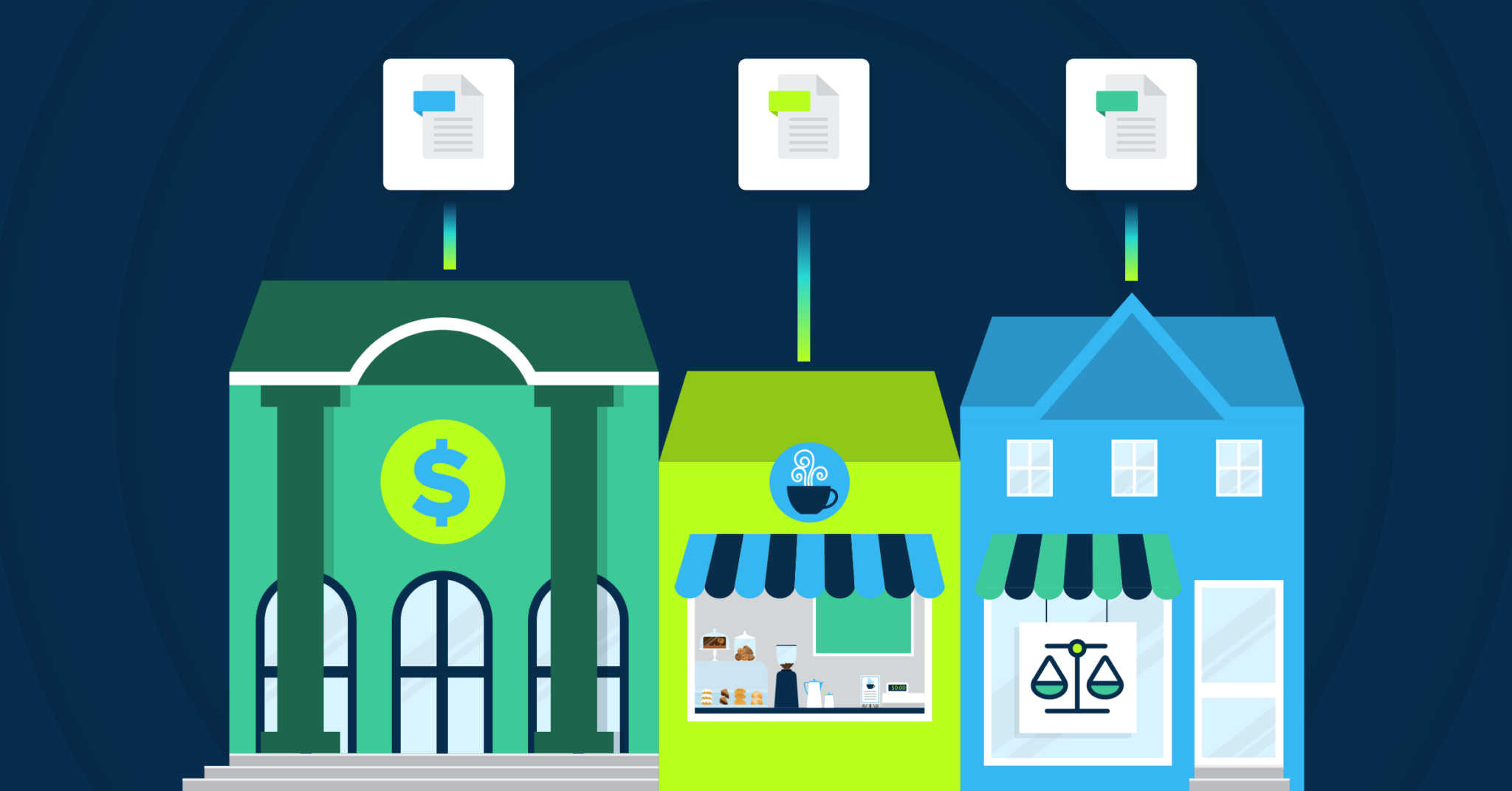
If you run a business, you know how important your company’s data is. While you can store your data backups on local drives, doing so significantly raises the risk of a data loss disaster. Fortunately, you can find several cloud backup solutions on the market today that will safeguard your data in the event of a malware breach, natural disaster, or hardware theft. As you decide how you’ll store your backup data, learn more about each of the three main types of online backup for businesses.
1. Full Backup
A full backup refers to a kind of online backup that copies every piece of data from a storage device. For example, a full online backup will copy your files, applications, and operating system before storing this data in the cloud. This type of backup system tends to be popular among businesses that want all their data stored in a single location. If something happens to their network, they can use the full backup to restore all their data.
While full backups can protect data, they come with a longer backup time. Since they copy all the data on your business’s devices and network, the backup process takes longer than it would with an incremental or differential backup. Besides taking longer, full backups also take up more storage space, which can make it so companies have to pay for larger storage plans.
Another potential issue with only relying on full backups is that companies typically only run full backups periodically. The periodic nature of these backups is due to the time they take, and if a data loss event occurs, you may lose months of work if you haven’t run a full backup recently. As a result, full backups are usually paired with differential or incremental backups.
2. Differential Backup
As a regular pairing to full backups, differential backups offer organizations the chance to update their data daily without causing disruptions. Unlike full backups that copy every piece of data, differential backups only back up new or changed data since the previous full backup.
For example, if you run a full backup on the weekend and then a differential backup Monday evening, the differential backup will only copy any new or changed data since Sunday. Since the old, unchanged data is already stored in the full backup, differential backups won’t touch it. Keep in mind that the further you get from the full backup, the more data your differential backup will have to back up since it will continue to back up any files that have changed since the full backup.
By eliminating the need to back up old data from before the last full backup, differential backups are much faster. Their speed makes it possible to run them more often, and they ensure new data is backed up long before your next full backup. Despite their advantages, differential backups aren’t the fastest backup solutions on the market. Additionally, companies usually can’t run them more than once a day since they store a significant amount of data, especially when it’s been a long time since the last full backup.
3. Incremental Backup
Incremental backups are similar to differential backups, but they offer greater speed and can be run several times throughout the day. An incremental backup will store changed data like a differential backup. However, it only stores any new or changed data from the last backup, which includes both full and incremental backups. Since they store data from the previous incremental backup, they copy a much smaller amount of data during the backup process.
Due to the way incremental backups only need to back up a smaller amount of data, they offer superior backup speeds compared to the other two forms of online backup for businesses. Their smaller backup sizes also mean they take up less space on the cloud, meaning you can still store all of your data while taking up much less space on your incremental backup provider’s cloud. Additionally, incremental backups allow you to cut down on data loss by backing up your data hourly or even more often.
Are Cloud Collaboration Platforms Online Backups?
While cloud collaboration platforms (CCPs) are sometimes called online backups, the truth is that they aren’t. CCPs like Box, Microsoft OneDrive, and Google Drive are often mistaken for online backups since they allow users to store documents and other files in the cloud.
However, CCPs aren’t full online backup providers since they don’t back up all your organization’s data like incremental backups do, and they don’t offer reliable data restoration. Additionally, CCPs leave your data much more vulnerable to bad actors and mistakes, and relying on these platforms can make it so you don’t meet data-storage compliance requirements.
CrashPlan: Incremental Endpoint Backup
Whether you’re a small business looking for an affordable and secure cloud for your data or a larger business wanting to keep your most important files safe, CrashPlan can help. As an endpoint cloud data storage provider, CrashPlan offers robust security and cost-effective data storage plans designed to help businesses store their data. The incremental backup solution we offer ensures your data is discreetly backed up throughout the day, reducing the threat of data loss.
When you choose CrashPlan as your endpoint public cloud backup provider, your data storage needs are taken care of for you, freeing you to focus on more important tasks actually related to what your business does. We’ve built CrashPlan to work for companies of all sizes, with our Business plan designed for small businesses and Enterprise plan for larger ones. No matter the plan you select, you can expect to receive world-class security for your data hosted in an easy-to-use and customizable cloud environment.
Learn more about our disaster recovery backup solutions today. You can also sign up for our free trial to see what CrashPlan can do for you.


